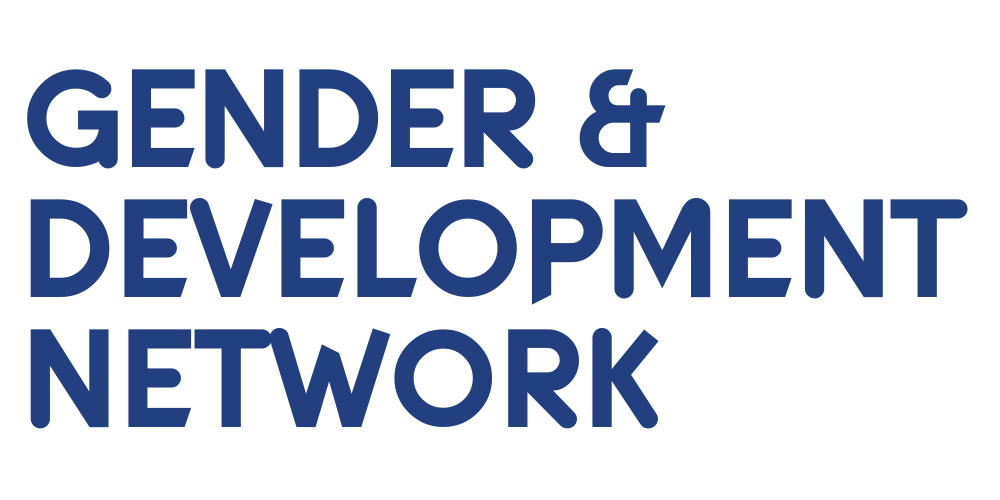Feminist voices on economic alternatives
Feminists and labour activists from across the Global South have produced clear alternative proposals that aim to transform economies and societies, often as part of Covid-19 recovery measures. Some of these are collated here. These include proposals on the following areas:
The goals of economic activity - putting people, wellbeing and sustainability at its centre
- AWID calls for a new economic model with a lower more sustainable level of production and consumption particularly in the North, with investments instead into the care sector, social infrastructure and environmental restoration. Central to this is a redefinition and validation of care work, both unpaid and paid, challenging gender stereotypes and embedded notions of productive labour.
- The Feminist Economic Justice for People and Planet Action Nexus advocate a feminist and decolonial Global Green New Deal to create “a new paradigm that forges active links between climate change, racialized and gendered labor exploitation, trade rules and economic structures that reproduce inequalities both within and among nations”.
The care economy
- The African Feminist Post-Covid-19 Economic Recovery Statement calls for measures to support the care economy arguing that “no turnaround in Africa’s socio-economic fortunes will happen without recognizing the economic, social, political and cultural value of the care economy –where the provisioning of care goods and services to households and the economy is predominantly through women’s invisibilized unpaid and domestic labour, but also in many forms of popular/horizon sector, migrant and public sector jobs that are precarious, badly paid and without labour protections”.
- The International Domestic Workers Federation called for improved conditions of paid care workers.
Unconditional resource transfers to the Global South
- The Asian Peoples' Movement on Debt and Development calls for a global minimum corporate tax rate to fund quality public services and universal social protection and more effective taxation of multinational companies.
- The Gender and Trade Coalition underlines that trade policies should “affirm the primacy of governments’ human rights obligations under the UN Charter”.
- An open letter in October 2020, signed by many feminist groups, demanded unconditional debt cancellation.
Democratic, participatory decision-making
- AWID’s Feminist Bailout Manifesto advocates for the inclusion of experiences and voices of feminist experts in decision-making processes, particularly emphasising underrepresented and marginalised communities.
More details about some of the many feminists proposing macroeconomic alternatives can be accessed here.
